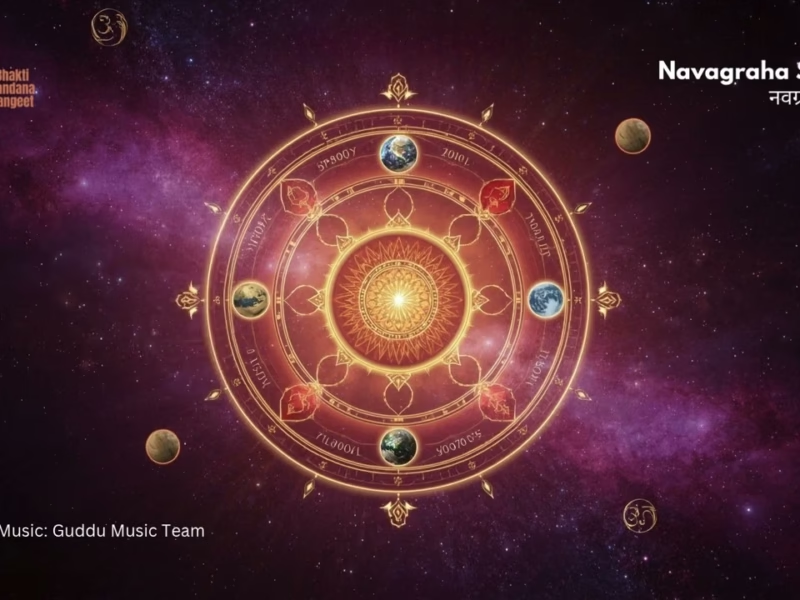Contents
आरुरुक्षोर्मुनेर्योगं कर्म कारणमुच्यते |
योगारूढस्य तस्यैव शम: कारणमुच्यते || 3||
ārurukṣhor muner yogaṁ karma kāraṇam uchyate
yogārūḍhasya tasyaiva śhamaḥ kāraṇam uchyate
Audio
भावार्थ:
योग में आरूढ़ होने की इच्छा वाले मननशील पुरुष के लिए योग की प्राप्ति में निष्काम भाव से कर्म करना ही हेतु कहा जाता है और योगारूढ़ हो जाने पर उस योगारूढ़ पुरुष का जो सर्वसंकल्पों का अभाव है, वही कल्याण में हेतु कहा जाता है॥3॥
Translation
To the soul who is aspiring for perfection in Yog, work without attachment is said to be the means; to the sage who is already elevated in Yog, tranquility in meditation is said to be the means.
English Translation Of Sri Shankaracharya’s Sanskrit Commentary By Swami Gambirananda











